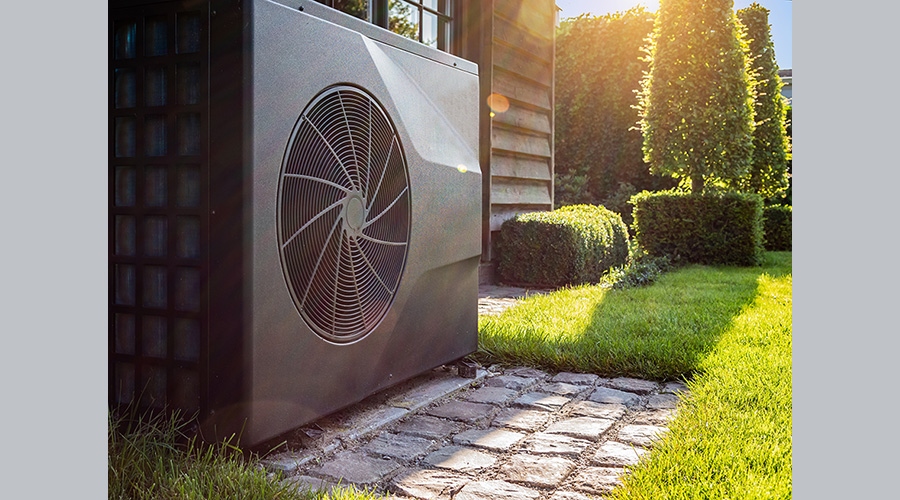Heat pumps are an increasingly popular alternative to traditional HVAC systems. However, there are concerns whether heat pumps are as effective as traditional HVAC systems for healthcare facilities. In this manufacturer roundtable, Healthcare Facilities Today speaks with HVAC manufacturers about if heat pumps can both heat and cool healthcare facilities effectively.
Can heat pumps both heat and cool healthcare facilities as effectively as traditional HVAC systems?
“Yes, heat pumps can effectively and efficiently heat and cool healthcare facilities. Although heat pumps are more efficient than traditional systems, they are also a larger initial capital expenditure. Although more costly, the recently passed Inflation Reduction Act expanded the 179D tax deduction for commercial facilities. This provision of the Act offsets the upfront costs of purchasing and installing a heat pump by providing tax incentives for employing energy efficient technology, making them an attractive alternative.”
— Michael Daly, chief technology officer, ECM Technologies
“Absolutely. Per my earlier response, all-electric heat pumps are energy efficient and provide utility cost savings compared to conventional HVAC systems.
Additionally, all-electric heat pumps can lower a senior living community’s first costs for either ground-up construction or retrofitting an existing building. These savings stem from lower costs for wiring, breakers, switch gear, transformer sizing, and labor. The central Missouri senior community that I mentioned before saved between $75,000 and $100,000 in first costs installing heat pumps instead of conventional HVAC systems.”
— Randall Towb, senior manager of business development – senior living, Mitsubishi Electric Trane HVAC US
“Heat pumps are a great option for a healthcare facility that wants to reduce its dependency on carbon-based fuels (decarbonization). However, these methods are not as efficient as more traditional HVAC solutions. As far as their effectiveness, they typically cannot control humidity as accurately as conventional systems. A heat pump is either heating or cooling, whereas a conventional system can cool to dehumidify and then reheat the air for comfort simultaneously.”
— David Santo, director of mechanical services, Siemens Smart Infrastructure USA
“Yes, today’s heat pumps – especially VRF heat pumps – are very well suited for this application. Heat recovery VRF systems can even share loads across zones served by a single outdoor unit, providing simultaneous heating and cooling to adjacent zones. This is a big advantage, especially in buildings with high solar gain.”
— Steve Opromolla, mid-Atlantic sales engineer, Fujitsu
Jeff Wardon, Jr. is the assistant editor for the facilities market.

 Healthcare and Resilience: A Pledge for Change
Healthcare and Resilience: A Pledge for Change Texas Health Resources Announces New Hospital for North McKinney
Texas Health Resources Announces New Hospital for North McKinney Cedar Point Health Falls Victim to Data Breach
Cedar Point Health Falls Victim to Data Breach Fire Protection in Healthcare: Why Active and Passive Systems Must Work as One
Fire Protection in Healthcare: Why Active and Passive Systems Must Work as One Cleveland Clinic Hits Key Milestones for Palm Beach County Expansion
Cleveland Clinic Hits Key Milestones for Palm Beach County Expansion